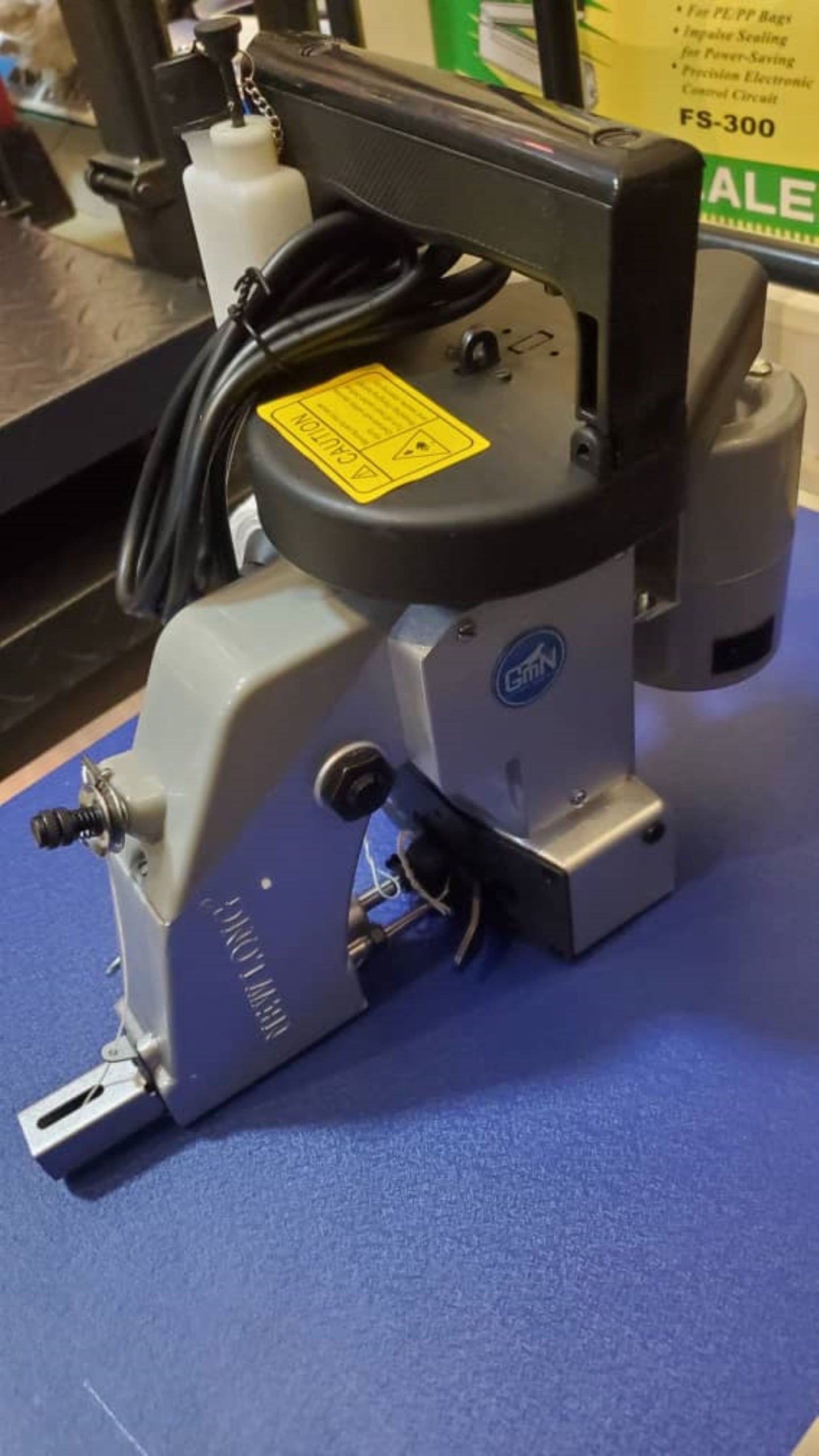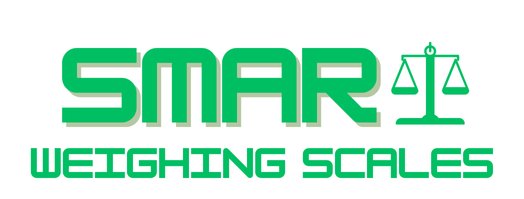Smart Weighing Scales Kampala
Automatic Bag Closer Sewing Machine Uganda – For Fertilizer and Seed Packaging
Automatic Bag Closer Sewing Machine Uganda – For Fertilizer and Seed Packaging
Couldn't load pickup availability
Automatic Bag Closer Sewing Machine for Fertilizer & Seed Packaging in Uganda
When you are packaging heavy-duty products like fertilizer or seed sacks, the way you close the bags is critical for preserving quality, preventing spillage, ensuring safe transport, and maintaining a professional appearance. That’s why investing in an automatic bag closer sewing machine makes sense for agro-processing operations in Uganda. This type of machine offers high throughput, reliable closure, and minimal manual labour.
What is an Automatic Bag Closer Sewing Machine?
An automatic bag closer sewing machine is a mechanised or semi-mechanised sealer that automatically stitches the open tops of filled bags—such as woven polypropylene (PP) sacks, multi-wall paper bags, seed sacks or fertiliser bags—once they are filled and weighed. The system uses high-speed stitching, automatic thread-cutters, sensors or conveyors (in some models) to deliver consistent bag closure without the variability of manual methods.
Why It’s Ideal for Fertiliser & Seed Packaging in Uganda
-
Fertiliser and seed sacks often come in 25 kg, 50 kg sizes of tough materials (woven PP, laminate, paper) which demand strong sealing.
-
In Uganda’s climate, improper sealing leads to moisture ingress, pest infestation, contamination or product loss.
-
Packaging for seeds requires integrity (to protect germination), and for fertiliser it demands safety, consistency and durability in transit.
-
Efficient bag closing lets your packaging line run smoothly, reducing the “bottleneck” of manual sewing and improving throughput.
-
Having a local supplier with support in Uganda makes maintenance, parts and service easier.
Key Features to Look For in the Machine
When shopping for an automatic bag closer sewing machine for seed & fertiliser packaging in Uganda, ensure you check for:
-
Bag material compatibility: The machine should handle woven PP sacks, laminated bags, multi-wall paper, jute, and similar tough bag materials.
-
High stitch speed / throughput: Ideally capable of stitching many bags per minute (some models do 2-5 seconds per bag). Example: industrial models claim 2 seconds per bag, ~2,600 stitches/min.
-
Automatic thread cutter and ideally automatic bag‐insertion sensor or conveyor feed, so the operator simply places the filled bag and the machine does the rest.
-
Robust build for heavy duty use: Heat-treated components, heavy metal frame, lubrication system, strong motor suitable for continuous operation. Example specification: up to 1,400 stitches/min with built-in lubrication.
-
Ease of maintenance and local parts availability: In Uganda you’ll value spare needles, thread, service support.
-
Integration with your packaging line: If you have a filling machine, weighing scale and conveyor, ensure the bag closer fits your workflow.
-
Reliable supplier in Uganda: Having a local provider ensures currency (UGX) pricing, delivery in Kampala or beyond, and faster support.
Example Machine & Pricing in Uganda
One example from a local supplier in Uganda (for a heavy-duty bag closer) is:
-
Listing: “Bag Closing Machine Electric Sewing Bag Closer” at Ugx UGX 500,000 via a local site. Smart Weighing Scales Kampala
-
Another model (portable but high spec) listed at roughly UGX 780,000.
This gives you a benchmark: for fertiliser/seed bagging, expect a machine cost in the ball-park of UGX ~500,000 to UGX ~1,000,000+, depending on capacity and automation level.
FAQs for Ugandan Agro-Processors
Q: Will this machine handle heavy fertiliser sacks (50kg woven PP)?
A: Yes—provided you choose a model that supports thick bag material and large sizes. Confirm the specification (max material thickness, throat size, stitch length) with your supplier.
Q: How many bags per hour can I seal?
A: Automatic closers vary, but some claim 2 seconds per bag (~1,800 sacks/hour) under ideal conditions. Realistic for seed/fertiliser lines might be less; verify.
Q: What maintenance is needed?
A: Regular lubrication, check stitches for integrity, replace needles or thread when worn. Ensure the machine is not overloaded and clean from dust/residue.
Q: Is local support available in Uganda?
A: That’s why buying from a local supplier who lists in UGX and delivers in Kampala is valuable—it reduces downtime and foreign import hassles.
Q: How do I select the right model?
A: Estimate your bagging volume (bags/hr), bag size/material, space available, and choose a bag closer that meets those specs with some margin. Discuss with your supplier for recommendations.
Why Purchase From a Local Supplier (in Uganda)
Buying locally means:
-
Pricing in Ugandan Shillings (UGX) so you know your costs.
-
Delivery and installation within Kampala/Uganda rather than import delays.
-
Easier access to spare parts, servicing and local technical support.
-
Better compatibility with local power, environment and operator training.
For example, a site lists the bag closer machine at UGX 500,000 in Uganda (local supplier). Smart Weighing Scales Kampala
Final Summary & Call to Action
For any agricultural business packaging fertiliser, seeds, or other bulk agro inputs in Uganda, investing in an automatic bag closer sewing machine is a smart step toward professionalism, efficiency and product protection. Choose a model that handles your bag materials, fits your production throughput, and has service coverage locally. With costs starting around UGX 500,000 and rising depending on capacity, you can boost your packaging capability significantly.


